What is the strongest natural cleaner? Ever cleaned a bathroom with chemical spray so strong it could knock out a mozzie in mid-flight? Yeah, we have too. That eye-watering stench might feel like it’s doing something, but it doesn’t always mean it’s working better. In fact, some of the strongest cleaning power out there is hidden in plain sight — right in your pantry. We’re talking baking soda, white vinegar, citric acid, and other potent natural cleaning ingredients you’ve probably got tucked behind your cardboard containers of pasta.
Whether you’re chasing a more sustainable lifestyle or just keen to ditch nasty chemicals, these eco-friendly cleaning products pack enough punch to challenge even the grimiest grout — without choking the dog or bleaching your bathroom tiles.
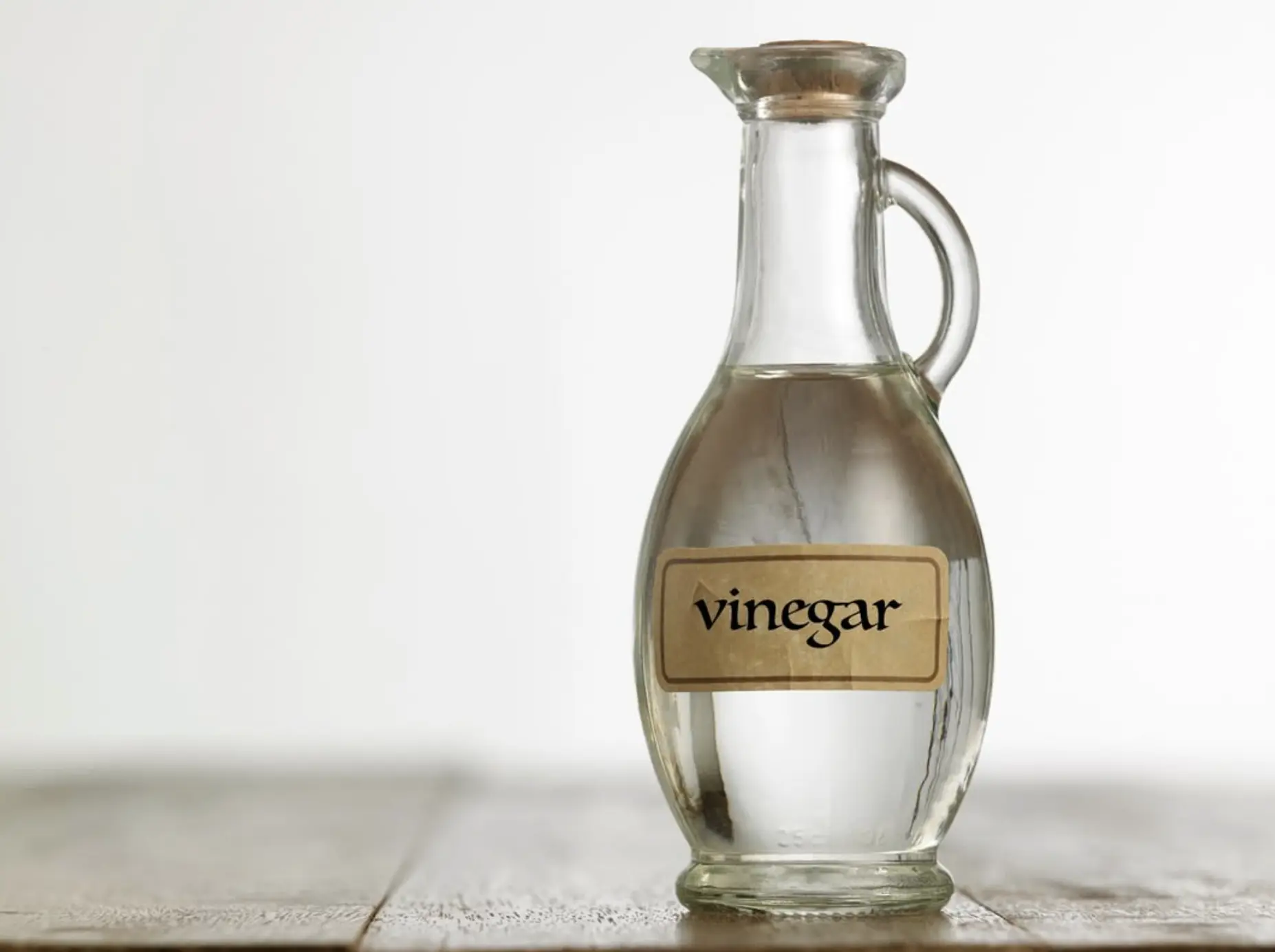
White Vinegar: The MVP of the Natural World
- Glass cleaner and mirror cleaning (streak-free finish with a soft cotton cloth or microfiber cloth)
- Cutting kitchen grease
- De-scaling kettles, taps, and showerheads (cups of hot water)
- Neutralising pet odours and trash cans
- Natural stone (like marble or granite — it’ll etch the surface)
- Waxed timber floors
- Electronics and aluminium bottle surfaces
Bicarb Soda: The Gentle Scourer
Also known as baking soda or sodium bicarbonate, this one’s less about the kill and more about the scrub. It’s a mild abrasive with deodorising superpowers and plays nice with most natural ingredients. It’s a staple in any natural cleaning caddy.
Best for:
- Scrubbing sinks and bathtubs without scratching (add a damp cloth or sponge)
- Removing tea and coffee stains from mugs
- De-stinking fridges, bins, and deep-clean laundry (especially towels)
Avoid on:
- Aluminium surfaces (can cause discolouration)
- Delicate glass or ceramic cooktops (go easy with your elbow grease)
Tradie tip: Make a homemade cleaner paste with a few spoons of bicarb and just enough plain water or soapy water. Use it for oven doors, BBQ trays, or any job cleaning those stubborn stains that traditional cleaning products can’t shift.
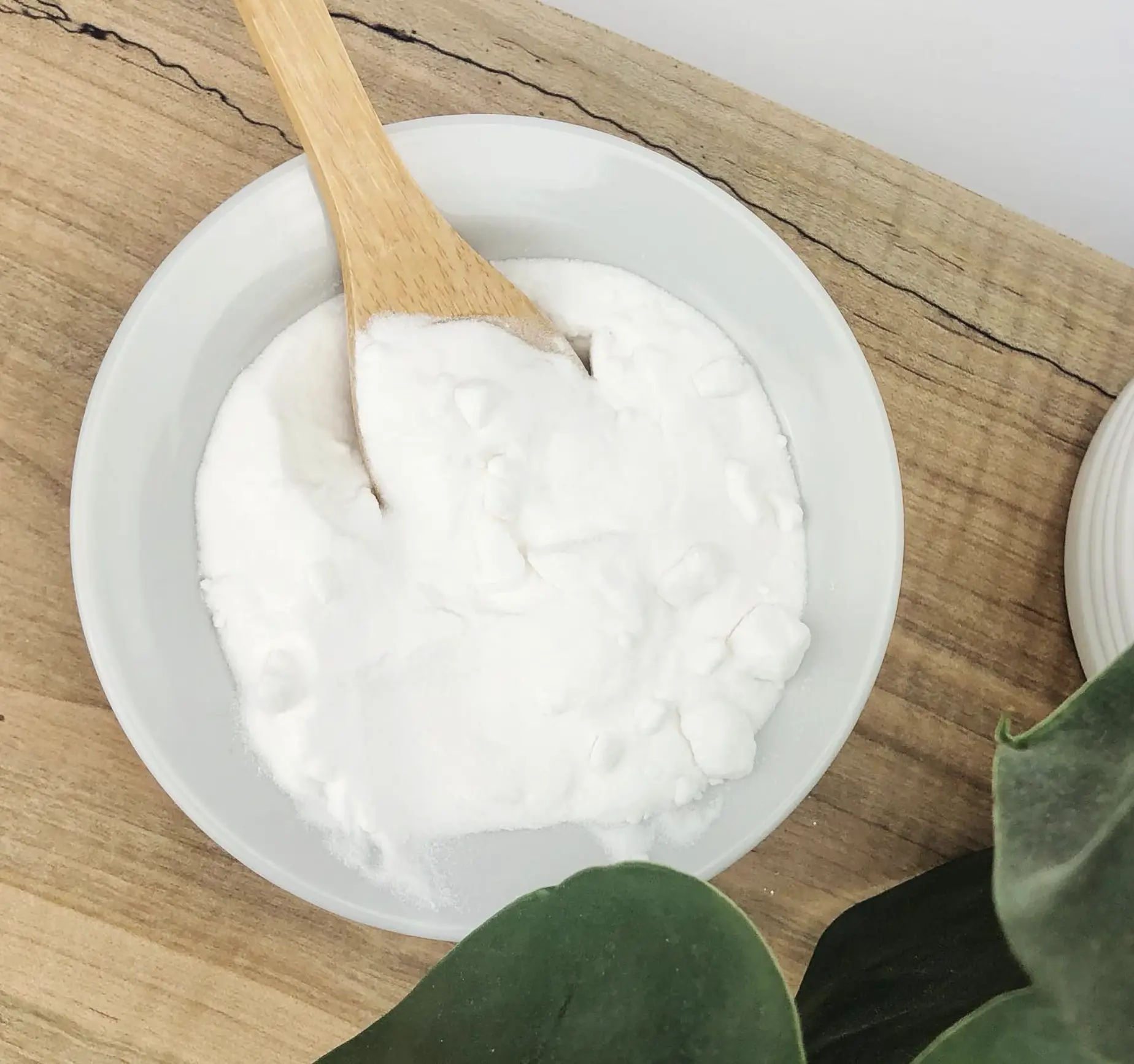
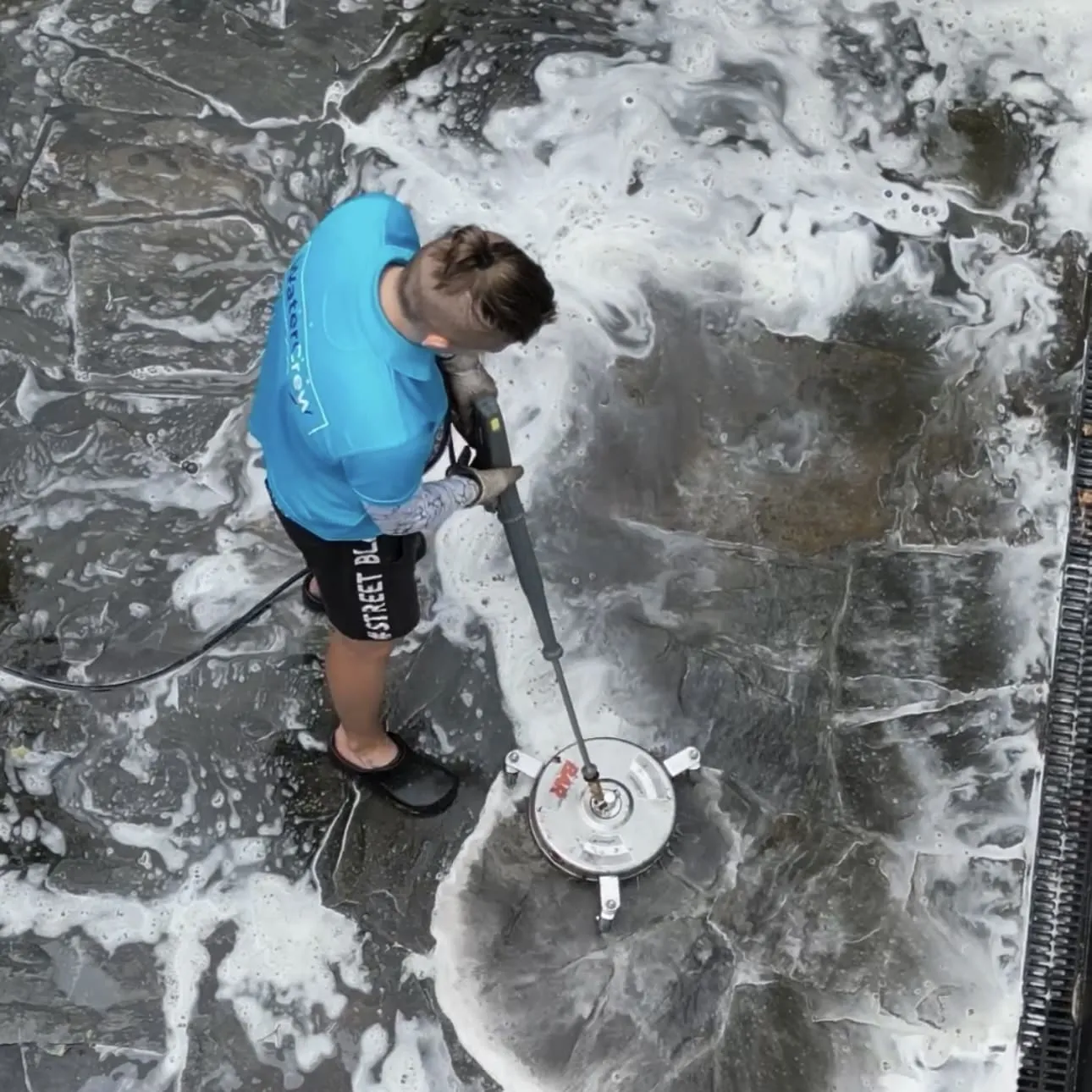
Hydrogen Peroxide: The Mould Murderer
This one’s the secret weapon most folks overlook in favour of store-bought cleaners. It’s a potent cleanser and mild bleach, making it ideal for sanitising and fizzing away mould. Pick up a 3% hydrogen peroxide solution from most eco products aisles.
Best for:
- Mould in grout and bathrooms
- Whitening tile grout
- Disinfecting cutting boards, kitchen soap containers, and toothbrush holders
Avoid on:
- Coloured fabrics (it’ll bleach them)
- Skin (wear gloves)
Tradie tip: Spray hydrogen peroxide directly on mould spots and leave it to sit. Want more punch? Add a sprinkle of baking soda and scrub with a toothbrush. Works a treat.
Citric Acid’s Your Mate
Citric acid is the not-so-secret natural cleaning ingredient found in many lemon-scented cleaners and powdered toilet bowl cleaners. Safe when diluted, but don’t underestimate its power.
Best for:
- Descaling coffee machines and kettles (try a cup of vinegar + a tablespoon of citric acid in hot water)
- Cleaning toilet bowls and urinals
- Lifting rust and calcium deposits off tiles
Avoid on:
- Natural stone surfaces
- Unsealed grout or exposed concrete

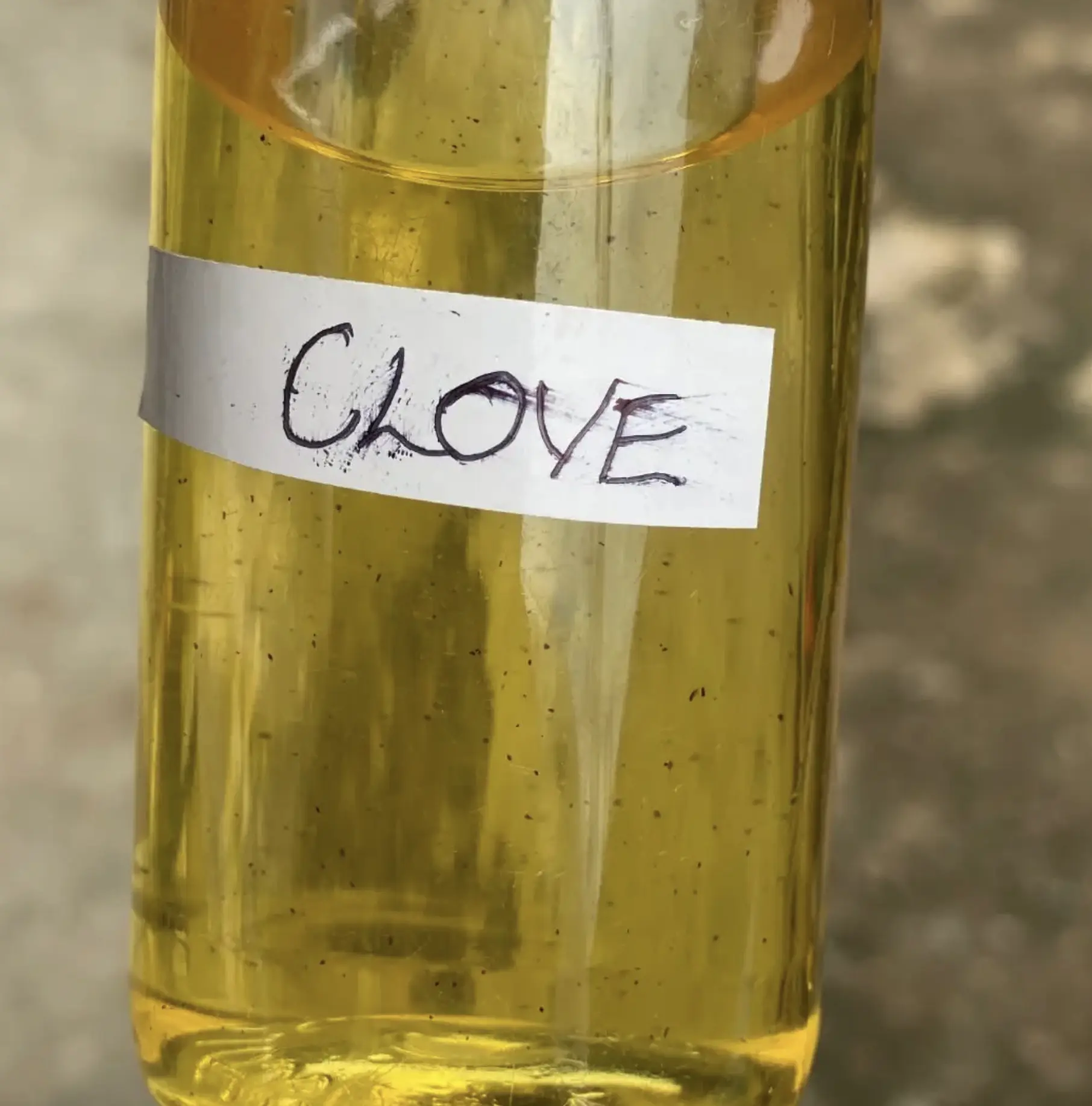
Clove Oil: Mould Spores Beware
Forget just wiping the black spots — clove oil kills the spores that cause mould to grow back. A few drops go a long way in your homemade cleaning sprays.
Best for:
- Long-term mould removal from walls and ceilings
- Mouldy window sills, trash cans, and shower corners
- Natural cleaning recipes for persistent mildew
Avoid on:
- Direct skin contact (always dilute)
- Near kids or pets (keep it safe)
Tradie tip: Mix a few drops of clove oil with water in a spray bottle. Spray it on mouldy spots, leave it overnight, then wipe with a soft cloth. Say goodbye to toxic fumes and hello to a more sustainable lifestyle.
Surface-Specific Advice: Where to Use What (And What to Never Mix)
| Surface Type | Safe Natural Cleaners | Avoid These Ones |
|---|---|---|
| Timber (sealed) | Vinegar (diluted), clove oil | Hydrogen peroxide, citric acid |
| Brick & Pavers | Bicarb, vinegar, citric acid | Clove oil (not a cleaner), peroxide |
| Glass & Aluminium | Vinegar, citric acid | Bicarb (abrasive), clove oil (oily) |
| Fabric (outdoor) | Peroxide, clove oil | Vinegar (stiffens), citric acid |
| Stone (limestone etc) | Bicarb (test first), clove oil | Vinegar, citric acid, peroxide |
Rule of thumb? Acidic cleaners like vinegar and citric acid do best on metal and grime — not stone or soft surfaces. Always spot test first.
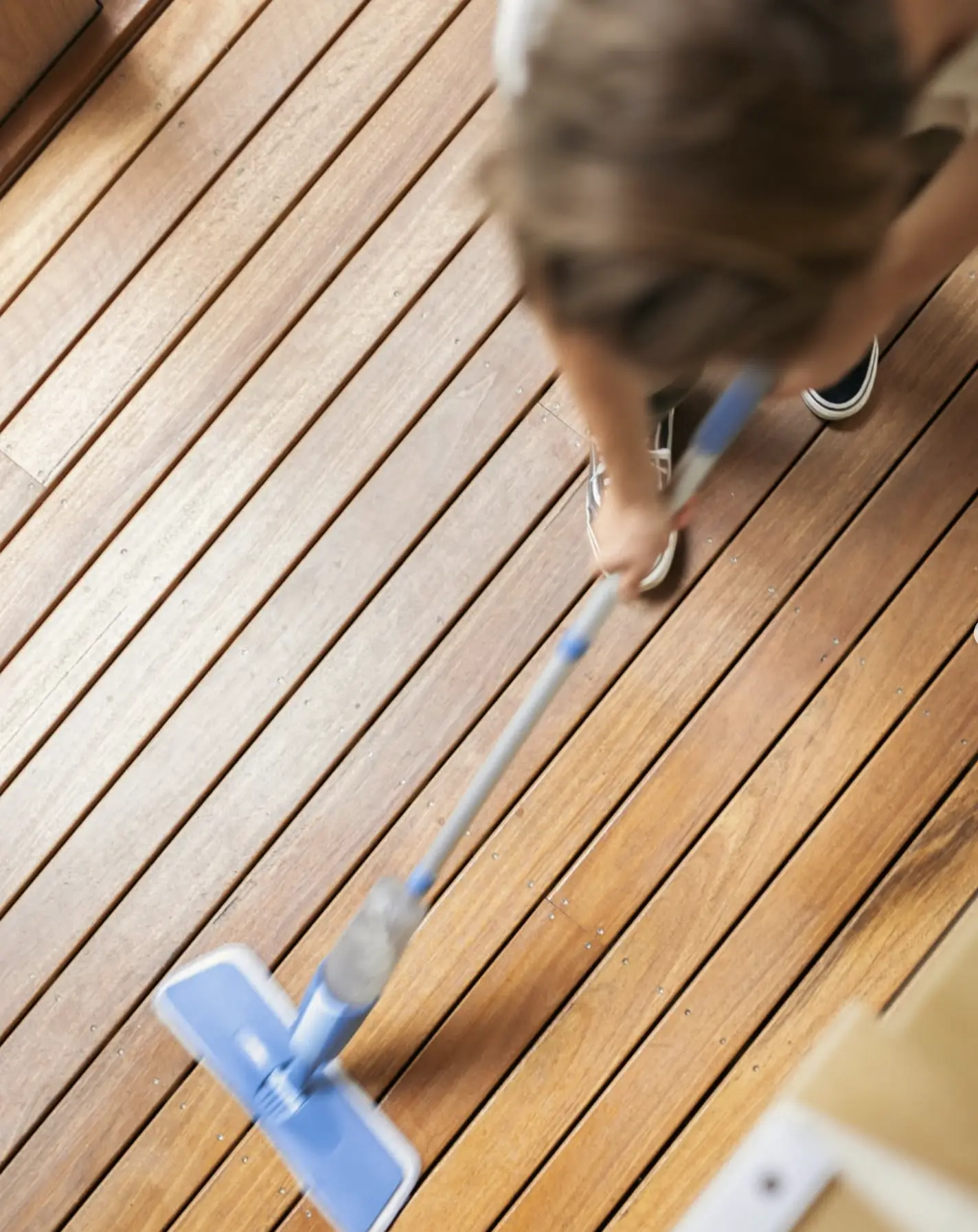
Natural Cleaners + Elbow Grease
Let’s be honest: natural doesn’t mean lazy. You still need to scrub, soak, or spray-and-wait. But these homemade cleaning products, paired with a bit of human effort (or mechanical muscle), can handle just about anything.
Winning combos:
- Vinegar + bicarb soda: Classic homemade cleaner that fizzes for drains and stubborn dirt
- Hydrogen peroxide + baking soda: Your Shower Cleaner dream team
- Citric acid + pressure washer: Take down those water stains and mineral deposits
Need to clean the ute? Try soapy water with a splash of vinegar for a DIY Universal Cleaner that’ll leave it gleaming — minus the harmful chemicals.
Safety First
We love a good natural clean, but don’t let the word “natural” fool you into thinking these are harmless. Always:
- Ventilate the area
- Wear gloves (especially with peroxide, clove oil, and citric acid)
- Label your mixes
- Store everything safely, preferably in original containers or refillable spray bottles
- Avoid direct sunlight for glass bottles or aluminium bottle mixes
And remember: essential oils like tea tree and peppermint are potent. A few drops can freshen a room — a few tablespoons can irritate your lungs.
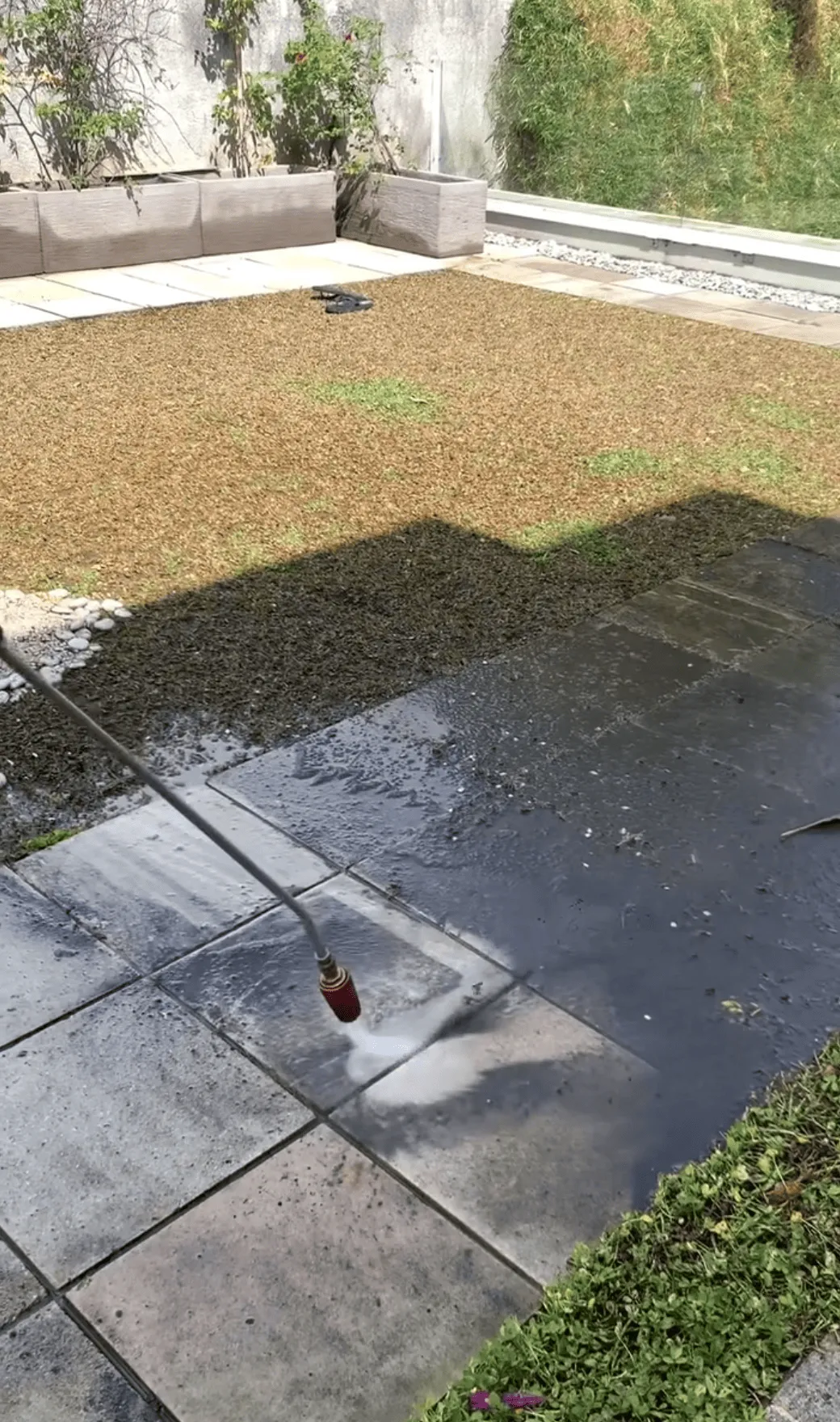

When Natural Cleaners Aren’t Enough
Window Cleaning Melbourne Crew knows all too well that even the toughest natural cleaning formulas sometimes need backup from professional tools and techniques. There’s a time and place for natural cleaning, and then there’s the moment you step back, swear under your breath, and admit it’s beyond DIY. Some jobs are just too far gone — think:
- Thick black mould from a wet season
- Moss-covered driveways
- Render with years of tannin bleed in the tropics
That’s when you call in a pro. We’ve got low-pressure soft wash systems, commercial cleaners, and the know-how to shift stains without stripping surfaces. Natural doesn’t mean underpowered, but even green cleaners have their limits.
FAQ
Is vinegar or hydrogen peroxide better for killing mould?
Hydrogen peroxide is more effective at killing mould and mould spores. Vinegar can help loosen it, but peroxide sanitises deeper.
Can I mix bicarb soda and vinegar in a spray bottle?
Nope — it’ll fizz and build pressure. Use them together immediately for scrubbing or drain-clearing, but don’t store them mixed.
Is clove oil safe to breathe in?
In small amounts, yes — it’s often used in aromatherapy. But undiluted or excessive amounts can irritate airways, especially for kids and pets.
What’s the best natural option for windows?
White vinegar mixed with water. Use a soft cloth or microfiber cloth for a streak-free finish.
Are natural cleaners safe for septic systems?
Most are! Vinegar, bicarb, and citric acid are septic-safe in moderation. Just don’t pour litres of anything down at once. Natural cleaning products are often gentler on plumbing than conventional cleaners or harsh chemical toilet bowl cleaners.






